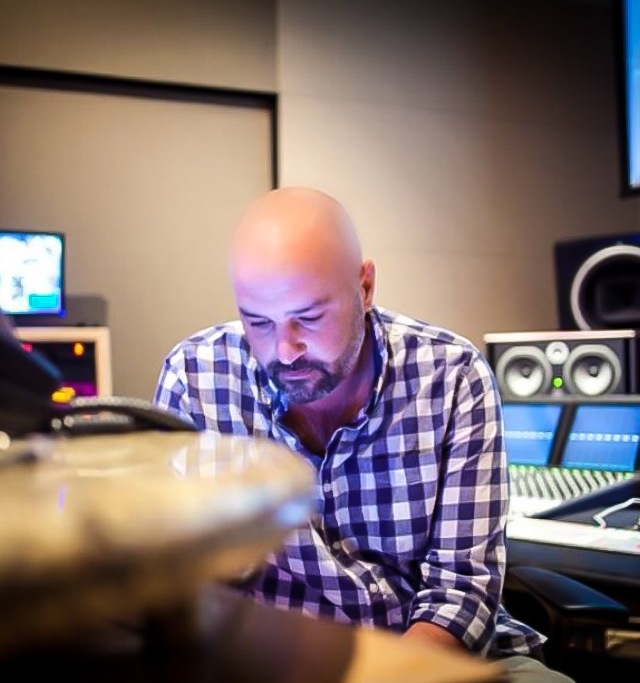 James Kelley
James Kelley
Company: Wire Road Studios
Clientele: Ludacris, Busta Rhymes, Slim Thug
Contact: http://wireroadstudios.com
James Kelley developed a taste for music as a teenager when he made his first recording on a four-track TASCAM. Today he’s the owner and president of Wire Road Studios in Houston, TX, which he established six years ago. Kelley graduated from Auburn University in Alabama, where he admits that he devoted more time to audio than to his formal studies. Much of his mastering is concentrated in hip-hop with the bulk of his work coming from local acts including country and jazz bands. Wire Road is a full-service facility. Virtually all of the masters completed there are mixed in-house.
What are the top three ways to trim costs when beginning the project?
• Be prepared when you go into mastering. Having to go back and tweak stuff in the mix takes time. Too often people come in thinking that mastering will fix everything in their mix.
• Bring in entire albums. If you’ve got 12 or 13 tracks, it’ll shave costs quite a bit.
• Artists need to love their mix first. Mastering will take you from a B mix to an A master. If you have an F mix, you’re not going to get an A product.
What are the top three most valuable pieces of mastering advice?
• Don’t get caught up in trends. Trust your ears and go with what sounds best.
• Love your mix first. I know I said this already, but it’s very important.
• [I’d advise the engineer] to understand what your client wants. If it’s a country album, they’ll probably want it to sound like a Taylor Swift record because her stuff is always highly produced.
What are the top three things that are possible in mastering that weren’t possible a decade ago?
• Software and plug-ins. Although I’m still an analog guy when it comes to EQ and compressing. I still love my Manley Massive Passive [Stereo Tube EQ].
• Limiting technology has gotten so much better. We’re able to get more loudness out of things without squashing as much as we used to.
• The amount of loudness [artists] go for just wasn’t there 10 years ago.
Name the top three aspects that are hardest or easiest in mastering.
• Meeting unrealistic expectations. [Artists] bring in stuff that needs to go back into mixing. Lately [artists] have complained that their masters don’t hit right in the club. Once it’s in a club, it’s in a DJs hands. There’s no telling what they’re doing to it.
• EQ-ing is what I have the ears for. I pick out flaws in different frequencies and [find] where things should be tucked and where they should be boosted.
• Competition is at an all-time high because so many people have crossed the threshold from mixing into mastering. Back in the day, the crossover was harder. The mastering plug-ins have decent presets but they’re not anything I would use.
What are three ways a mastering engineer can enhance his relationship with the mixer?
• Have an open line of communication. Let them know what you’re going to do and vice versa. The longer you work with a mixer, the more understanding you’ll have. See them as a partner as opposed to just that guy that was working on the project before you.
• We do about 99% of our mixing in-house so it’s very easy for me to walk in the room and ask for changes.
• Get the mixer’s expectations. They’re likely to have a better ear and vision than the client will.
What are your top three favorite mastered records and why?
• Mutemath’s Armistice sonically was a great-sounding album.
• Radiohead’s Kid A. Although Deftones’ Around the Fur is possibly one of the loudest ever.
• Midlake’s Antiphon. Sonically, the record was very well done.
Mixers and masterers sometimes have a difficult relationship. What are the best/worst aspects of that? Has it improved?
Generally, mix engineers are making things too hard for mastering engineers. All too often I get stuff from outside our studio that’s already been mastered, technically. The mixer didn’t inform the client that they were putting on compression and limiting. So I have to go back to the client and explain the situation. In short, mix engineers do more than they need to, possibly because they don’t want the client to listen to the mix and wonder why it’s not as loud as the latest Jay Z album.









